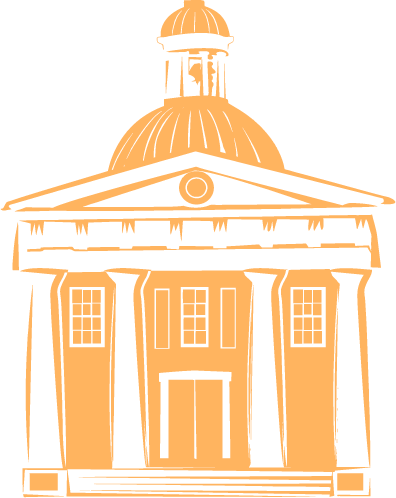The Lynchburg Museum System, University of Lynchburg, and Quaker Memorial Presbyterian Church are pleased to co-sponsor “The Last Sayings of Sarah Lynch Terrell and the Radical Abolitionism of the South River Quakers,” a special illustrated lecture by scholar Rebecca Pickard.
The lecture will take place on Wednesday, April 24, 2024, at 5:30 pm at Quaker Memorial Presbyterian Church (5810 Fort Avenue). The South River Meeting House will be open for visitors to see 30 minutes before and after the lecture. The event is free and open to the public.
This lecture will showcase the re-discovered "Last Sayings of Sarah Lynch Terrell" and demonstrate how the South River Quakers were at the forefront of the Virginia Quaker abolitionist movement during the Revolutionary period. Sarah Lynch Terrell, the sister of John Lynch, was a respected elder among the South River Quakers in present-day Lynchburg, Virginia. When she passed away at the age of 35, her haunting final words ignited the abolitionist movement among Quakers throughout Virginia.
Most of the original trustees who established the town of Lynchburg in 1786 were members of the South River Quaker Meeting. As time passed and the town grew, their beliefs in ending slavery, the equality of all humans, pacifism, and a simple lifestyle made it difficult to live in Central Virginia. Most local Quakers converted to mainstream Protestant faiths or moved out-of-state by 1840. Despite the loss of its members, the South River Quaker Meeting House still stands today on Fort Avenue. John Lynch, Sarah Terrell, and many other “Friends” remain at final rest in the old burial ground next to the meeting house.
About the Speaker
Rebecca Pickard is a writer and researcher based in Lynchburg, Virginia. Her research includes the abolitionist efforts of the South River Quakers and the early history of Lynchburg.

